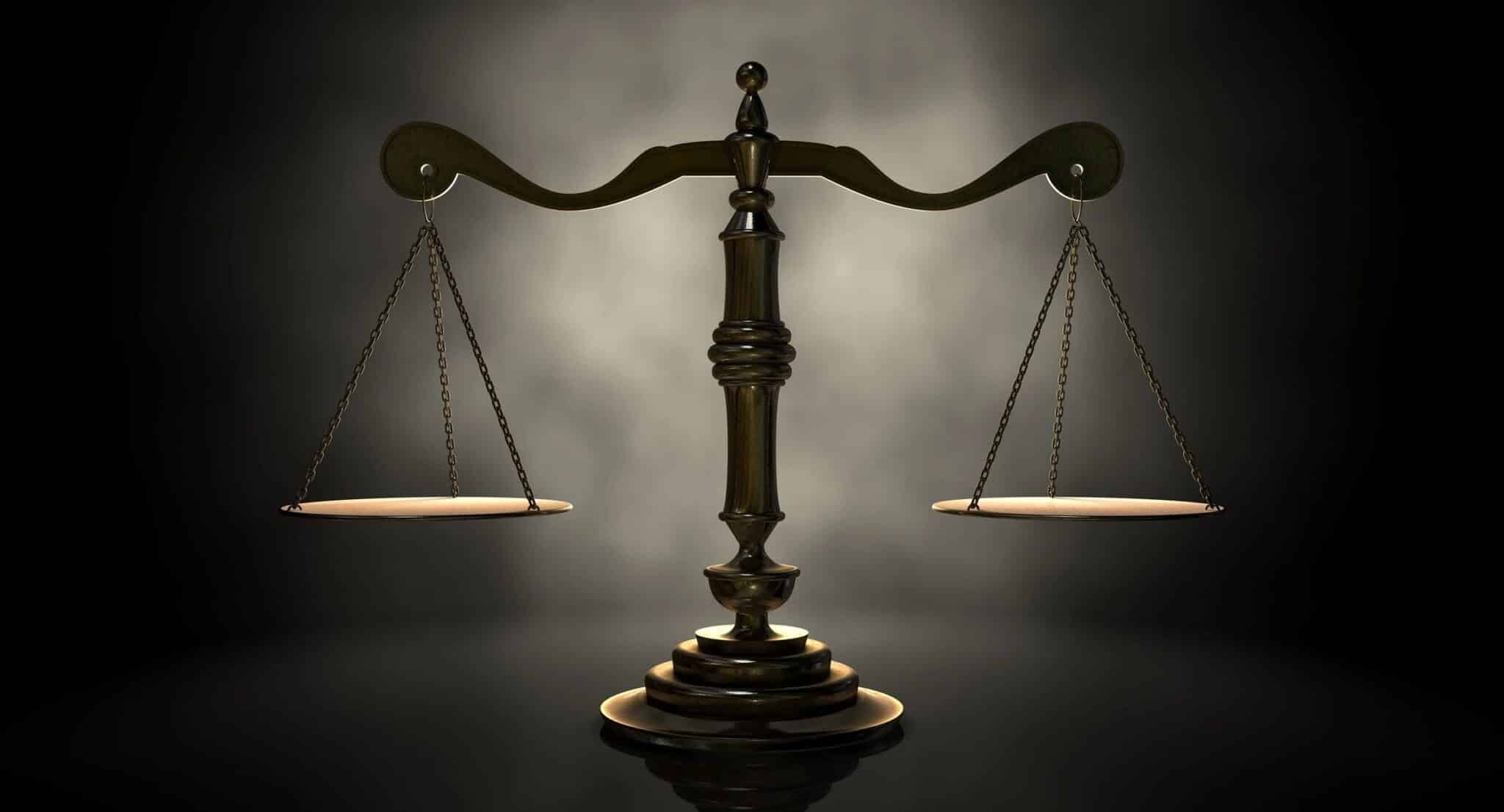Housing discrimination has been an issue in the United States for decades. While the Civil Rights Act of 1968, also known as the Fair Housing Act, was signed into law to prohibit discrimination in housing based on race, religion, and national origin, discriminatory practices still persist in various forms today.
At Valli Kane & Vagnini, we often see clients who have been discriminated against when seeking housing. For example, our client received a government voucher to pay for rent, but despite having the means to pay, she was still denied housing based on credit checks and other obstacles. This type of discrimination is prohibited by New York State law, yet it still occurs.
Another form of discrimination we see is the intentional design of apartment buildings that do not accommodate people with disabilities, in violation of the Americans with Disabilities Act. This often results in cramped living spaces with small hallways and corners that make it difficult for individuals with disabilities to move around freely.
Additionally, there are discriminatory programs that impact low-income homeowners in New York City, such as the third-party transfer program. This program allows the city to transfer properties with unpaid water or sewage bills to an approved real estate developer for free, without compensating the building owner. This practice disproportionately impacts residents in predominantly black and brown areas, and can be argued as a violation of the U.S. Constitution’s prohibition against excessive fines and equal protection.
It is important to note that discrimination in housing violates federal and state laws, and individuals who have been subjected to discriminatory practices may have legal options available to them. If you or anyone you know has experienced housing discrimination, consider reaching out to a housing or discrimination attorney to discuss your situation and seek legal remedies. Discrimination has no place in our society, and it is crucial that we continue to fight for fair and equal treatment for all.







